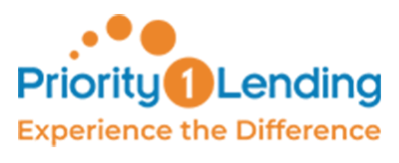Introduction:
With advances in technology permeating every sector of our lives, the real estate industry has also evolved, embracing digital solutions for traditional processes. One such innovation is the E-Closing, which allows parties to a real estate transaction to complete the closing process electronically. This article provides an in-depth look at e-closings, their benefits, and what to expect when engaging in one.
Understanding E-Closing:
An E-Closing, also known as a digital closing or electronic closing, involves using digital tools and internet technology to complete the closing process of a real estate transaction. This means that most, if not all, documents are signed electronically, and the entire process can often be completed from anywhere using a secure internet connection.
Benefits of E-Closing:
1. Convenience: E-closings allow all parties involved to sign documents at their convenience, without the need to coordinate schedules for a physical meeting. This flexibility can significantly reduce the time and stress involved in closing a real estate deal.
2. Efficiency: Electronic documents are easier to track and manage than paper documents. There’s also less chance of documents getting lost, and any errors can be fixed more quickly and easily.
3. Speed: Because of their digital nature, e-closings can often be completed more quickly than traditional closings. The ability to sign documents electronically can significantly expedite the process.
4. Environmentally Friendly: E-closings reduce the need for paper, which is a more sustainable and environmentally friendly approach.
Engaging in an E-Closing:
E-closing processes can vary based on location, the specific technologies used, and the type of e-closing being conducted. The three main types of e-closing are:
1. Hybrid E-Closing: A mix of digital and traditional processes. Some documents are signed electronically, while others are signed in-person.
2. In-Person Electronic Notarization (IPEN): All documents are signed electronically, but the notary is present physically to authenticate the process.
3. Remote Online Notarization (RON): All documents are signed electronically, and the notary authenticates the process remotely via a secure video connection.
No matter the type, an e-closing typically involves the following steps:
1. Preparation: The closing agent prepares digital versions of all the necessary documents.
2. Review: The buyer and seller review the documents online, which can usually be done at their convenience.
3. Signing: All parties sign the documents electronically, either in the presence of a notary or remotely with the notary witnessing via video.
4. Finalization: The closing agent records the transaction with the appropriate government office, and the deal is officially closed.
Conclusion:
E-Closings are a modern solution for the real estate closing process, offering convenience, efficiency, speed, and an environmentally friendly alternative to traditional methods. As with any real estate transaction, it’s important to work with professionals who are experienced with the e-closing process to ensure a smooth and secure transaction.

